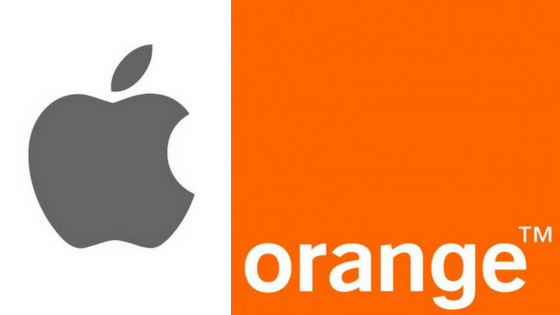To give is more than to receive.
Making donations to a charity for good causes is always appreciated. When it comes to whether to make donations through corporation or personally, business owners are confused as it is not that straight/easy to understand. Sometimes it feels like comparing apple to orange. Even though many articles have been talking about this, but it is still confusing.
Let’s get through some comparisons.
First, talking about personal donations, the tax saving of personal eligible donation is the non-refundable tax credit, which can only be used to reduce tax owed; if you don’t owe any tax, you don’t get a tax refund. What does it mean? It means your tax savings will be equal to the amount of the charitable tax credit calculated. Not any further.
In addition, there is a limit in claiming eligible amount of donation, which is set at 75% of the net income. Another trick that many people are not aware of is, sometimes it may be more beneficial to carry them forward and claim them on your personal tax return for ANY of the next five years. So, plan it ahead of time.
As compared, corporations’ gifts to a charity are eligible for a deduction in computing taxable income rather than a tax credit. This is an important difference as the donation can be treated as an expense and ultimately reduce your corporate income tax bill. Similarly, the annual corporate limit is generally 75% of the company’s net taxable income. Un-deducted charitable contributions may be carried forward for up to 5 years.
Then, what’s the difference in making donation through corporation or personally then? Let’s do number crunching analysis to find out.
Here is the case: Rose is an Ontario small business owner. She wants to make an extra donation of 5k to a local charity. She is not sure how this could be done in a tax efficient way. Currently she paid herself a salary of 50k and a dividend of 50k.
Here is the analysis:
Option 1: the business makes the 5k donation directly to the local charity.
As indicated in the background above, eligible donation can receive $700 tax benefit based on 14% small business corporate tax rate on the active income below the threshold. As compared to personal tax credit, which can be 44% or more, it seems donating through corporate is not making sense as personal donation tax credit has higher rate than the corporate tax rate. Be patient, let’s find out the result from other options.
Option 2: the business pays Rose 5k bonus so that she can make donation to the local charity.
Salary is a business expenses. As a result, option 2 has similar impact on the business side, which brings $700 tax benefit (CPP employer contribution as an expense is ignored); On her personal side, her total taxable income before the extra 5k bonus is 108k with estimated tax payable in 20k; including the 5k bonus, her tax payable increased to 22.4k; the incremental tax is around 2.4k(considering the withholding tax refunded $700, the net impact is 1.7k); What about the donation tax credit? It is about 1.5k as the donation that she could make is the net amount of the bonus(4k) after the CPP and withholding tax (assuming is 20%). So now you see, the tax benefit including both corporate and personal($500=$700+1.5k-1.7k) is slightly higher than the incremental tax when she makes donations through her bonus pay from the business.
Option 3: the business has enough retained earnings and pays Rose 5k ineligible dividend so that she can make donation to the local charity.
Dividend is a different ball game. Why? Dividends come from after-tax earnings. What it means is that what shareholders receive is after-tax dollars. Dividend payout does not trigger any tax benefit like option 1 and 2. When Rose receives the dividend, she will be eligible for additional small business dividend tax credit of $763. Similarly, when she donates the full 5k to the local charity, she will be entitled to the donation tax credit of 2k. The incremental tax resulting from 5k additional dividend income is 1.7k. So, in this option, the tax benefit is around 1k ( the net of 2.7k minus 1.7k). So, it appears that option 3 is the best option. However, as mentioned at the beginning, dividend is after-tax dollars. Given that the tax cost of 5k at 14% is around $700, the difference from Option 2 is not much.
As you can see, based on the assumed level of income/income mix, it is better off making donation through corporate as the tax benefit on personal donation is not significant enough.
Other things that you may consider is the eligibility for the First-Time Donor’s Super Credit. Other than that, you, as business owners may also consider that business donations provide business a great opportunity to connect with their community. Last question: how much does it cost in building a brand in the community? You knew that.
Priceless.

Recent Comments